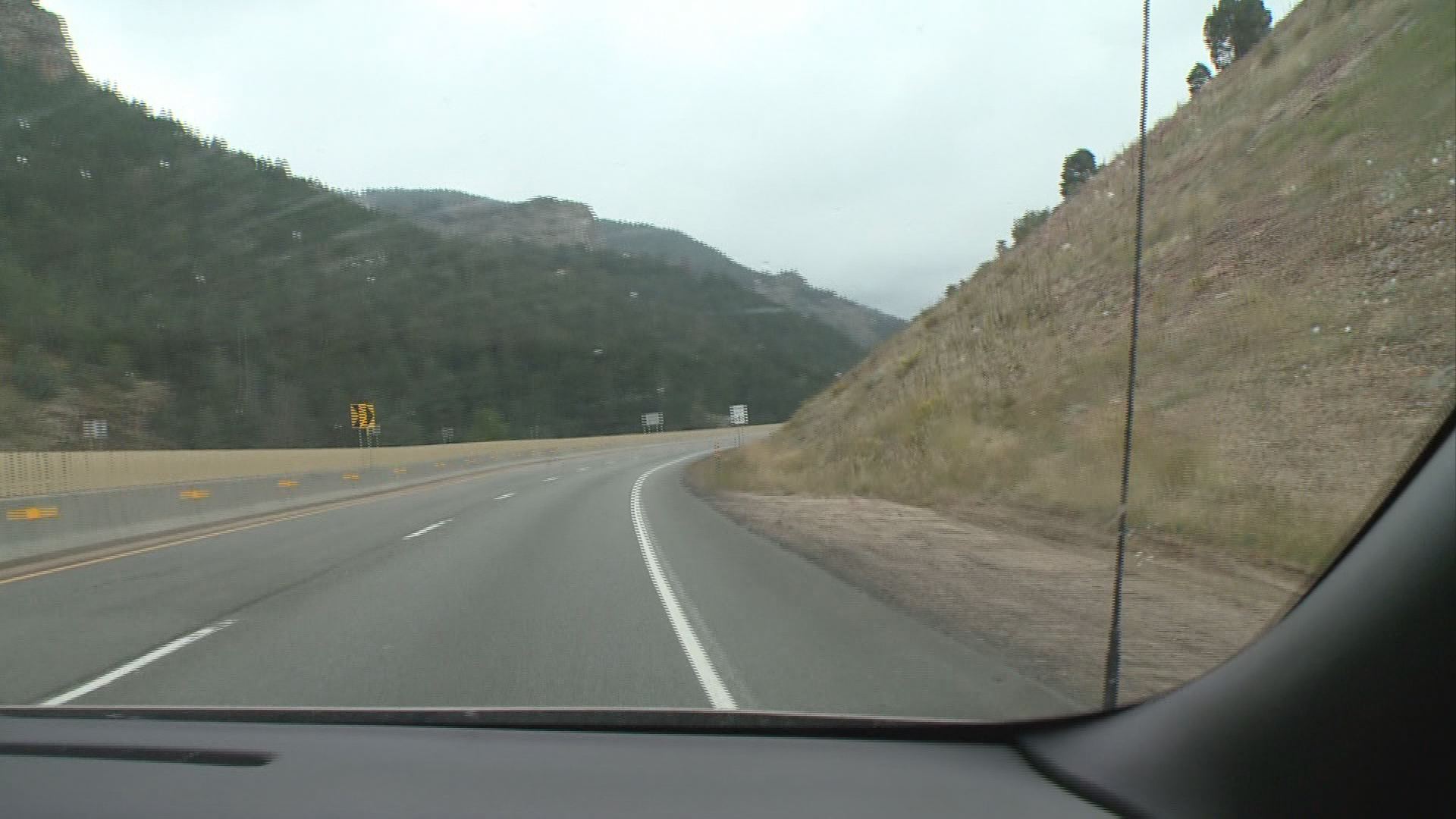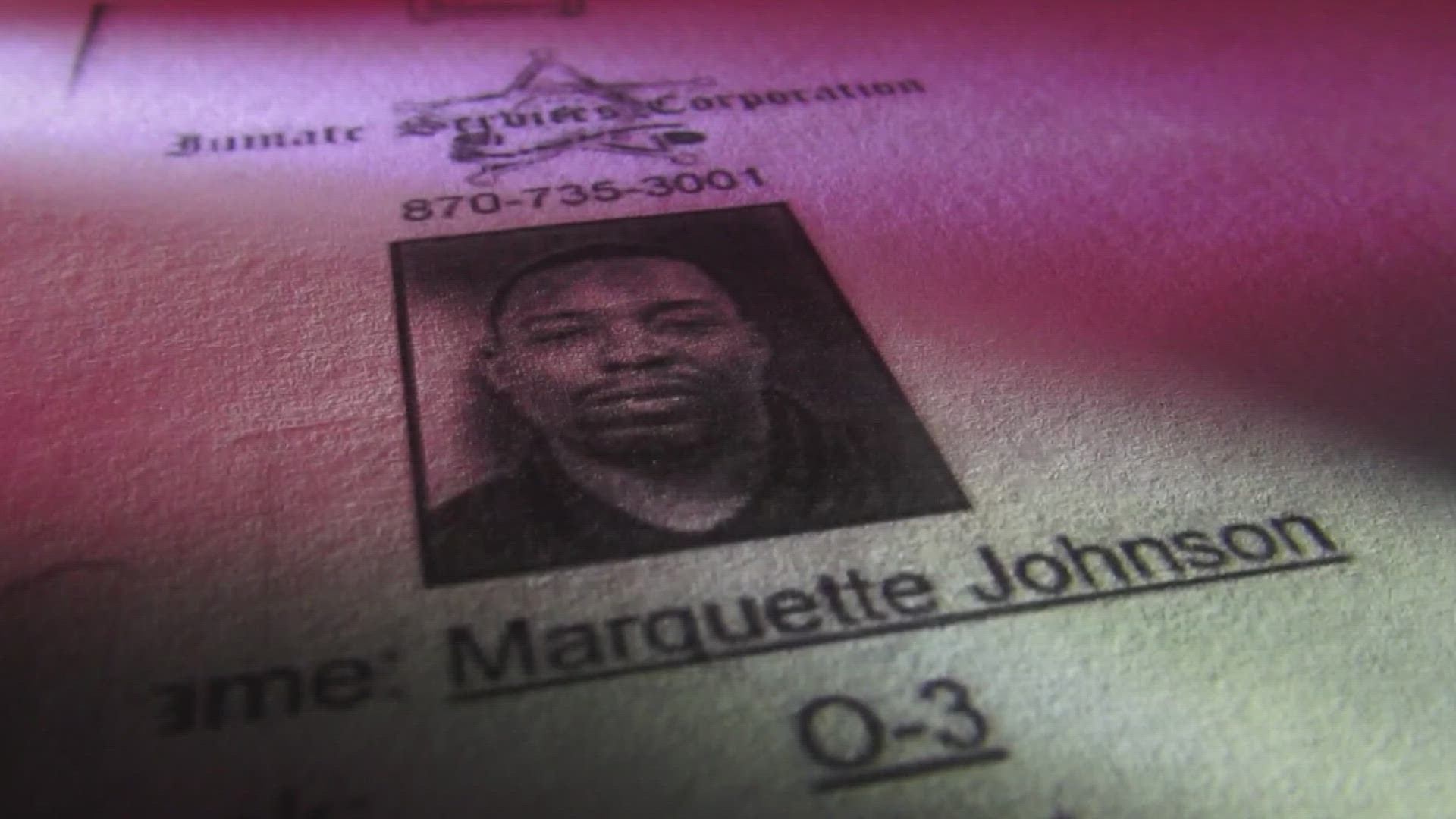Editor's Note: This is the third installment of the Citation Nation series produced by 9Wants to Know and I-News at Rocky Mountain PBS. The series will continue through Thursday.
MORRISON - A notorious speed enforcement zone in Morrison helps rake in 52 percent of the town's revenue, a joint investigation by 9Wants to Know and I-News at Rocky Mountain PBS has found.
The 2013 data analyzed from the Department of Local Affairs for the Citation Nation series involves budgets from 270 Colorado communities and reveals the average town in the state makes about 4 percent off ticket revenue.
Morrison sits third on the list of cities and towns that make the highest percentages from citations and court fees.
A 9NEWS poll, conducted Tuesday, found that a majority of our viewers admit to getting pulled over in one of these "ticket traps". 67 percent of those who responded said they have been caught before. Thirty-three percent said they have not. Thanks to all who participated.
Morrison police officers are often seen at the south end of the town's border catching speeders who break the 45 MPH limit on Highway 285.
The enforcement location is about four miles from the main part of town on mile marker 247.5, just within the city limits. Police are such a fixture at the location, they can be seen on Google Maps.
A review of the town's ticket data by 9Wants to Know shows police issued more than 7,000 tickets at the location over a two year period for speeding.
The initial cost of a ticket can be $195 for speeding 20 or more over, and that doesn't include court fees.
"It is not about making the town money. We have never once been questioned by our town board," Lt. Anthony Joiner said. "Our goal is safety. We want everyone to come to Morrison, but we want you to be safe."
The ACLU of Colorado questions such "public safety claims" when towns have high percentages of revenue based on tickets.
"You can't have your town completely dominated by that kind of revenue and claim that it's such a public safety risk," Denise Maes of the ACLU said. "It's a complete trap. It really is revenue."
Chief's 15 MPH or over policy
The Morrison Police Department asserts it will not issue speeding citations to drivers unless they go 15 or over the limit.
Ticket data reviewed by 9Wants to Know indicates this policy holds true.
When asked about the 15-and-over policy, Lt. Joiner said it was put in place five years ago, because it's hard for drivers to dispute they were breaking the law.
""Well, because of our reputation. We're considered a speed trap," Lt. Joiner said. "You can't argue 15 MPH."
Chief of Morrison Police Rudy Sandoval calls the policy the "most fair policy in the state or country," in a town that sees more than 150,000 pass through it daily.
"It's about public safety first. If you're a police officer worth your salary, that's your first obligation," Chief Sandoval said.
Does the ticketing work?
University of Colorado Denver professor Dr. Lonnie Schaible, who studies police philosophy, said there is no solid empirical evidence that shows traffic ticketing is an overall solution to public safety.
"Enforcement is a critical component," Schaible said, adding that ticketing may only have a modest influence on speeding.
"You might get the same effect handing out warnings or placing a dummy car or using other sort of mechanisms to decrease the flow of traffic," Schaible said.
Morrison Police claim 285 is a dangerous highway, but thanks to its traffic enforcement, the number of fatal accidents per year has dropped.
According to Joiner, there were 5 fatal crashes in 2013, 2 in 2014 and one so far this year in the area they patrol on 285.
9Wants to Know asked the Colorado Department of Transportation for a break-down of all crashes in a five-mile stretch of that part of Highway 285 over a five year period. The crash data does not indicate if speed was a factor, nor does it contain causes:
Airing this week:
Wednesday at 9 and 10 p.m.: What happens when a city cuts back on writing tickets?
Thursday at 9 and 10 p.m.: The Colorado town that only exists because of ticket revenue


